Dreams have long been a subject of fascination, with many believing they can offer insights into our subconscious mind and even our physical health. While the scientific community continues to explore these connections, certain recurring dream themes have been associated with specific health concerns. Here are some common dreams that may indicate underlying health issues.
1. Dreams About Teeth Falling Out
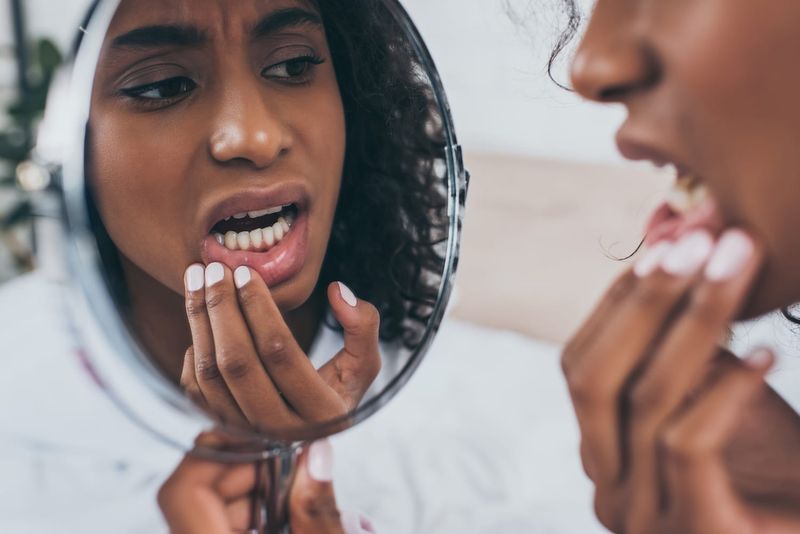
Experiencing dreams where teeth fall out can be unsettling. A common interpretation ties these dreams to anxieties about appearance or aging. However, researchers have found connections to actual dental health. Imagine waking up, touching your jaw, and feeling discomfort – a reality for some who dream of losing teeth. Interestingly, a survey indicated individuals frequently dreaming of this scenario reported higher instances of dental issues. Such dreams may not just reflect vanity concerns but act as a subconscious alarm for oral health. Consider visiting a dentist if you find these dreams recurrently disturbing your sleep.
2. Dreams of Being Chased

With heart racing and breath shallow, the sensation of being chased in a dream is intense. While seemingly just a nightmare, these dreams may mirror real-life stressors. Imagine constantly feeling pursued by tasks, responsibilities, or unresolved issues. Psychologists suggest these dreams can be symbolic of anxiety or stress, with the pursuer representing fears in waking life. Intriguingly, persistent dreams of this nature have been linked to chronic stress or anxiety disorders. Addressing stressors might help alleviate these dreams, offering a psychological release from the mental chase.
3. Dreams of Choking

Gasping for air, feeling the constriction – dreams of choking can be terrifying. Such dreams are not merely products of imagination but can signal health concerns. Picture waking up breathless or with a sore throat. Experts note that these dreams might relate to the onset of throat infections or respiratory issues. Moreover, they can be indicative of heightened stress or anxiety levels, reflecting a feeling of being “choked” by life’s pressures. If you often dream of choking, it might be time to assess your stress levels or consult with a healthcare provider.
4. Dreams of Being Attacked
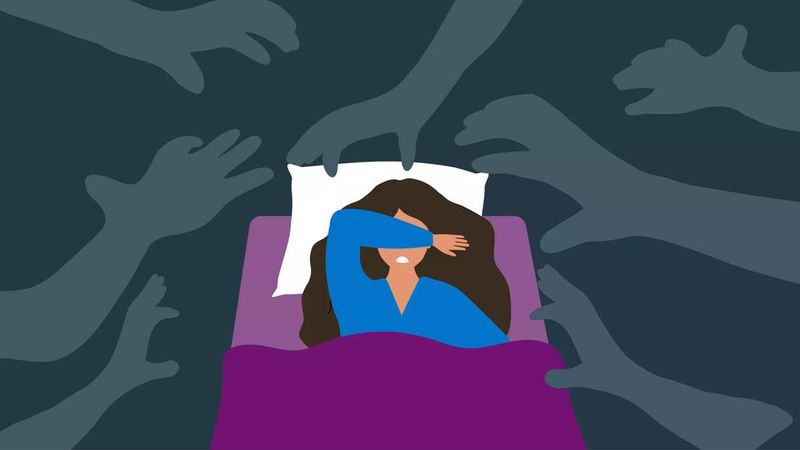
The sensation of being attacked in dreams can leave one feeling vulnerable. Often, these dreams are linked to neurological conditions. For instance, researchers have connected them with the early stages of Alzheimer’s or Parkinson’s disease. Picture waking up in a sweat, heart pounding, as if the danger was real. Beyond neurological links, these dreams might also reflect real-life feelings of vulnerability or stress. If such dreams persistently disturb your rest, it could be beneficial to consult with a medical professional to explore potential underlying conditions.
5. Dreams of Falling
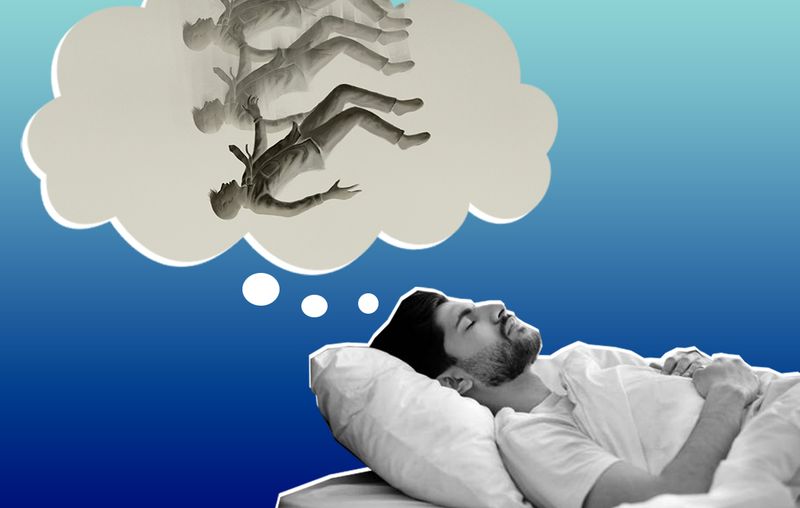
Plummeting through the air with no control – the falling dream is a classic. While often attributed to feelings of insecurity, researchers note potential links to sleep disorders. Imagine the unsettling sensation of waking up with a jolt, heart racing. Such dreams might be more than psychological manifestations; they could signal physiological sleep disruptions. Anxiety and stress are also common associations, with the fall representing life’s uncertainties. If falling dreams frequently disrupt your peace, exploring them with a sleep specialist might uncover underlying sleep-related issues.
6. Dreams of Drowning

Finding yourself submerged, struggling for air – drowning in dreams is a powerful metaphor. Often, these dreams symbolize overwhelming emotions or stress. Picture the sensation of being engulfed, similar to daily pressures crowding one’s mental space. Researchers have suggested links between drowning dreams and respiratory issues, such as sleep apnea. These dreams might not only reflect emotional states but also hint at underlying health concerns. Addressing breathing issues or stressors could help mitigate these unsettling dreams, offering a clearer mental “surface.”
7. Dreams of Being Trapped

Feeling confined and unable to escape – being trapped in dreams can be a claustrophobic experience. Such dreams are often related to feelings of helplessness or being stuck in life. Imagine the sensation of being boxed in, unable to move forward. Psychologists suggest these dreams could be symbolic of real-life constraints, whether emotional or physical. Interestingly, they have also been linked to conditions like sleep paralysis, where the body is temporarily immobile. If these dreams persist, exploring potential links to sleep disorders may provide insights.
8. Dreams of Flying

Soaring through the sky with ease – flying dreams are often exhilarating. However, beneath the thrill, they might symbolize subconscious desires for escape or control. Picture the freedom of flying, juxtaposed with life’s constraints. While frequently seen as positive, some researchers suggest these dreams could indicate underlying sleep issues or even vestibular disorders affecting balance. The feeling of liberation might hide a need for more control in waking life. Exploring these dreams with a specialist could reveal both psychological and physiological dimensions.
9. Dreams of Losing Hair

Witnessing hair fall in dreams can evoke concerns about aging or vitality loss. Such dreams might reflect anxieties about personal appearance or self-perception. Imagine standing before a mirror, watching strands fall away. Beyond vanity, researchers suggest links between hair loss dreams and actual health concerns, such as hormonal imbalances or nutritional deficiencies. These dreams might act as a subconscious nudge to assess one’s health status. Consulting with a healthcare provider could offer insights into potential underlying issues contributing to these vivid dreams.
10. Dreams of Being Late

Rushing against the clock, the anxiety of being late is a common dream theme. These dreams often signal stress or fear of missing out. Picture the pressure of deadlines or expectations weighing heavily. Researchers suggest links between lateness dreams and time-related anxieties in waking life. The constant rush in dreams reflects a life out of sync, possibly indicating stress-related health concerns. Addressing time management or organizational skills might alleviate the pressure, transforming these dreams into manageable reflections rather than anxiety-inducing episodes.
11. Dreams of Incomplete Tasks
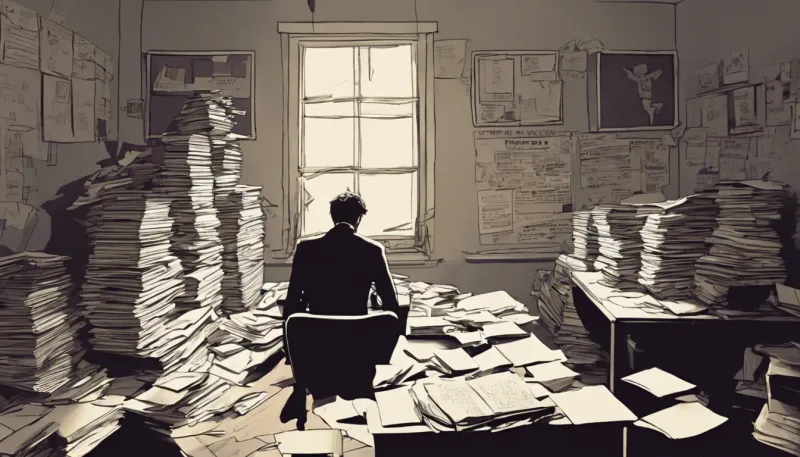
Facing a never-ending list of tasks in dreams can leave one feeling overwhelmed. Such dreams often reflect real-life pressures or unresolved duties. Picture the weight of responsibilities stacking up, mirrored in your subconscious. Psychologists note that these dreams might symbolize anxiety about personal performance or perceived inadequacies. Interestingly, they also have links to stress-related health issues, with the mind’s persistent task list manifesting physically. Exploring stress management strategies might ease the burden, transforming these dreams into opportunities for growth and resolution.
12. Dreams of Broken Technology
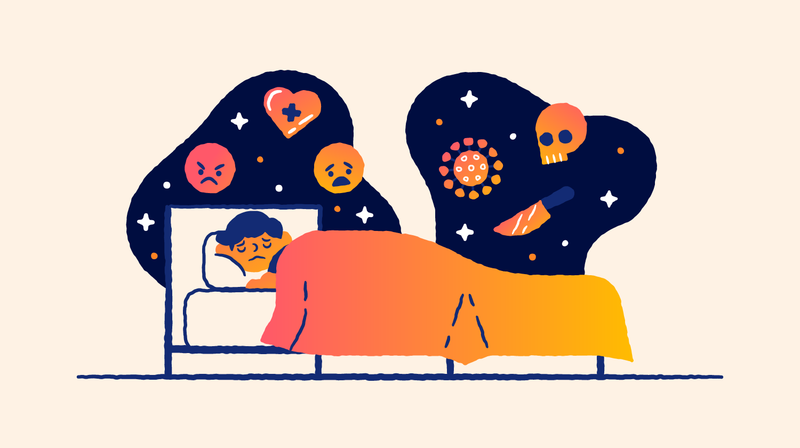
The frustration of broken technology in dreams reveals underlying anxieties about control or communication. Imagine the helplessness when devices fail, mirroring life’s disruptions. Researchers suggest these dreams might reflect stress over technological reliance or fear of being disconnected. They may also indicate underlying stress-related health concerns, as the anxiety over broken connections permeates the subconscious. Reflecting on one’s relationship with technology and managing stress levels could transform these frustrating dreams into reflections of adaptability and resilience.
13. Dreams of Missing Limbs

Witnessing missing limbs in dreams can be a stark symbol of loss or incompleteness. Such imagery often reflects deeper fears or anxieties about personal capabilities. Picture confronting a mirror, noticing the absence of a limb, evoking feelings of vulnerability. Researchers link these dreams to fears of inadequacy or loss of control. They might also indicate stress-related health issues, where the mind’s perception of “missing” parts manifests psychologically. Exploring these fears and addressing underlying stressors could transform these dreams into opportunities for understanding and empowerment.

Well, hello there!
My name is Jennifer. Besides being an orthodontist, I am a mother to 3 playful boys. In this motherhood journey, I can say I will never know everything. That’s why I always strive to read a lot, and that’s why I started writing about all the smithereens I came across so that you can have everything in one place! Enjoy and stay positive; you’ve got this!

